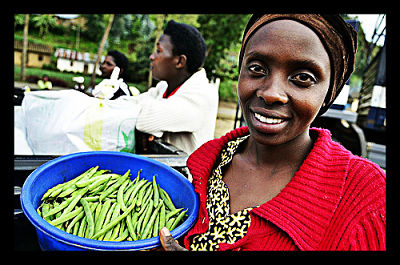Algeria Food Security

Algeria has launched an agriculture development program designed to boost domestic production. Using its increased revenue from hydrocarbon exports, the country will tackle food security through a variety of programs working with farmers in rural and low-income areas.
Like most of North Africa, Algeria imports a substantial portion of its food. As a result, it is extremely vulnerable to shifts in commodity pricing. In 2011 riots broke out across Algeria due to the high price of sugar and cooking oil and were influenced by the Arab Spring in neighboring nations as well.
In response, the Algerian government reduced the import taxes on these two goods. While the riots may have died down the country remains vulnerable to similar price spikes. As a result Algeria heavily subsidizes key food items that are estimated to amount to 1.1% of gross domestic product (GDP) in 2013.
Algeria imports almost seventy percent of its wheat consumption. Egypt also imports a significant percentage of food and is the world’s largest importer of wheat. The Egyptian government also uses a system of subsidies in an attempt to alleviate the price burden. However, these governments recognize subsidies are not a sustainable way to ensure food security.
Algeria’s agriculture development program will focus on improving farm management practices, addressing regulations, and promoting modern technological practices in the industry. Previously the country’s food security programs have focused on putting more arable land into production. While useful, this is not a sustainable way to ensure the country’s food security.
More effective programs have focused on public-private partnerships that help introduce modern farming practices among rural growers. These practices have helped increase agricultural output by 23 percent in 2011 and an additional 32 percent in 2012.
The country wishes to increase its irrigated acres, adding 0.5 million hectares to the current 1.1 million currently irrigated by 2014. Algeria will also focus on developing its infrastructure. This will be a key component to affecting agricultural development in remote areas, which in a country of Algeria’s size are significant. This component will also include development efforts to reduce post-harvest losses through storage and transportation modifications.
The effect food prices have on the country’s stability will help motivate the government to introduce new and sustainable practices. This will be done not only in an effort to increase Algeria food security but also to ensure governmental stability.
– Callie D. Coleman
Sources: Global Arab Network, IFPRI
Photo: Flickr
